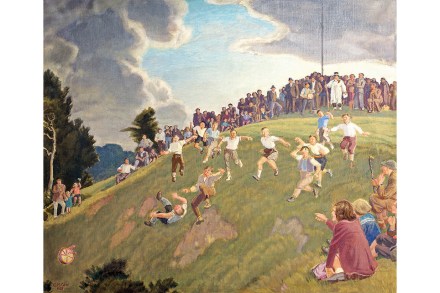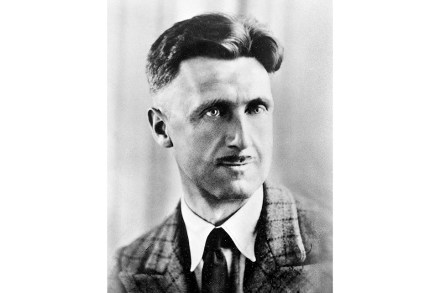Laura Freeman: Ways of Life
39 min listen
In this week’s Book Club podcast, I’m joined by the writer and critic Laura Freeman to talk about her book Ways of Life: Jim Ede and the Kettle’s Yard Artists. Laura’s book is the portrait of one of those figures who, without ever quite taking the spotlight themselves, was nevertheless hugely influential in kindling the love and appreciation of art in others – a man who knew everyone from Picasso and Brancusi to David Jones and the Nicholsons, and whose home-cum-gallery in Cambridge has been a sanctuary and inspiration to generations of undergraduate pilgrims.




















